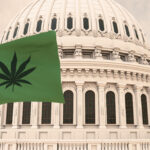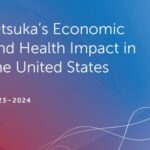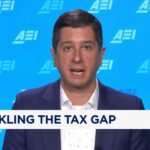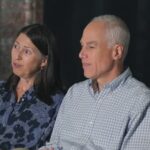
Apr 22, 2020 | News
“‘That could help accelerate the rebound if we can just kind of mothball the economy and then turn back on the same economy with the same manager-employee relationship,” said Alex Brill, a resident fellow at the right-leaning American Enterprise Institute.”

Oct 18, 2019 | News
Alex Brill was quoted in Fast Company for his research on tax policy effects on business:
“… [Brill] has found that employees in ESOPs “get better at the job, and instead of quitting as soon as they get skills, they stay and get more skills.” Companies with ESOPs require fewer managers, as AEI’s Brill discovered in his research, because workers are given more freedom and are better able to manage themselves.”

Aug 23, 2019 | News
“A new report from Matrix Global Advisors and the National Business Group on Health, sponsored by Boehringer Ingelheim, shows that employers could see substantial savings from biosimilars, but those savings won’t come without a concerted effort to encourage biosimilar use.”

Aug 1, 2019 | News
“Peter B. Bach, MD, a well-known critic of high drug prices, along with Jennifer A. Ohn, MPH, Preston Atteberry, MD, and Mark Trusheim, MSc, first wrote in April that biosimilar competition is an economically inefficient way to achieve the goal of lower prices; the biosimilar environment is different than the one that exists in the generic marketplace for small-molecule drugs. These authors said, instead, that biosimilars are natural monopolies and as such need price regulation in order for them to succeed and for prices to come down.”

Jul 24, 2019 | News
“Would legislators take the opportunity to redo some parts of the BPCIA, if they had the chance? Both [Alex] Brill and Hayes said while that, too, is theoretically possible—such as shortening the period of patent exclusivity or changing other aspects of the patent dance—the danger is that it would then get stuck in the quagmire of politics.”

Jul 16, 2019 | News
“Brand-name medicines’ market exclusivity periods have climbed an average of 2.2 years since the mid-1990s, steadily delaying the market arrival of generic rivals. Reversing that trend alone could save the U.S. health care system roughly $31.7 billion, according to a Matrix report commissioned by the Coalition for Affordable Prescription Drugs, a group of insurers, pharmacy benefit managers and large employers.”

















